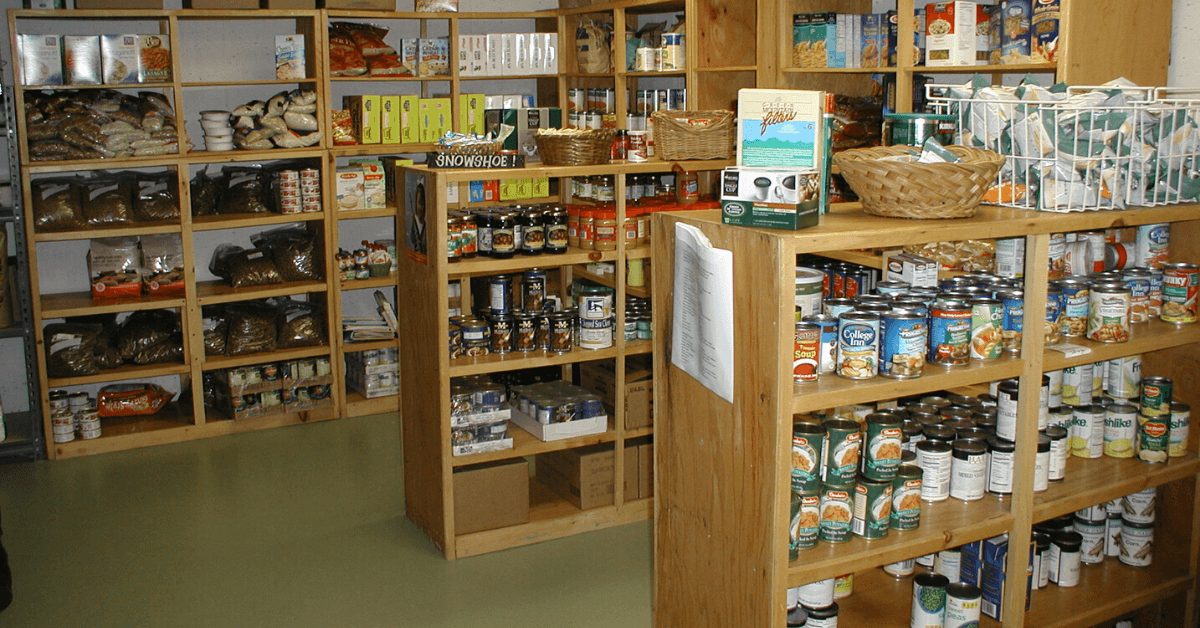NEWPORT — Food insecurity in Vermont has increased by one-third during the coronavirus pandemic, from 18.3 percent to 24.3 percent, according to a statewide survey conducted by the University of Vermont at the end of March.
The increase in food insecurity was strongly correlated with employment status.
Among survey respondents overall, 45 percent had lost their jobs, been furloughed, or had their hours reduced during the pandemic.
Among food-insecure Vermonters, two-thirds, or 66 percent had experienced job losses or work disruptions since the outbreak of the pandemic.
“Our data suggests that the growth of food insecurity is related to job layoffs and other employment disruptions,” said Meredith Niles, assistant professor in UVM’s Department of Nutrition and Food Sciences. “People who had lost their jobs or had their work disrupted were far more likely to be food insecure compared with those who remained employed.”
While job losses during the pandemic created many newly food insecure people, 84 percent who had been food insecure before the pandemic remained so.
“These are already vulnerable people and households who may be even more vulnerable now,” she said. “They were experiencing challenges with food access before the pandemic, and this event has not helped them.”
Surprisingly, less than 30 percent of respondents experiencing food insecurity participated in food assistance programs, Niles said.
In general, respondents with food insecurity expressed greater worry about food access than survey respondents overall.
And they were more likely to adopt coping strategies to address food access challenges, like buying foods that would last longer, buying different and/or cheaper foods, or eating less.
The last category is worrisome, said Farryl Bertmann, a lecturer in the Department of Nutrition and Food Sciences and a member of the research team.
“When people start eating less or disrupting their current eating patterns, we become concerned,” she said. “When forced to skip or stretch meals, people increase their risk for nutrition-related diseases, decrease their immune function and may negatively impact their mental and emotional health.”
For respondents experiencing food insecurity, the most helpful assistance strategies included receiving additional money for food and bills, achieving greater trust in the safety of stores and seeing benefits offered by government programs increased.
The average amount of additional money they said would be helpful for food and bills, if they had trouble affording food, was $110 per week.
“That’s not a huge number, but it is significantly more than they get from public assistance programs like 3SquaresVT,” said Emily Morgan, assistant professor in the Department of Nutrition and Food Sciences, another researcher involved in the survey project. “It shows there is a greater need than the current programs allow for.”
The coronavirus changed food habits and practices for respondents overall, the survey found.
Eighty-seven percent said they usually or always reduced the number of trips they made to the grocery store to avoid exposure to the virus, and 58 percent said they usually or always spent more time cooking.
While respondents experiencing food insecurity expressed greater concern and challenges accessing food, most of the respondents in the survey were unable to find all the food their households were accustomed to.
“We are all feeling the impacts of the coronavirus on the food system,” Niles said
The survey has a margin of error of 2 percent, with a total of 3,251 Vermonters who responded.
It was launched on March 29 and was concluded on April 12.
The survey was developed in collaboration with researchers at Johns Hopkins University and fielded by the University of Vermont team.
The research team intends to conduct the survey in other states and nationally, and to conduct additional future surveys in Vermont to assess changes in the situation.



